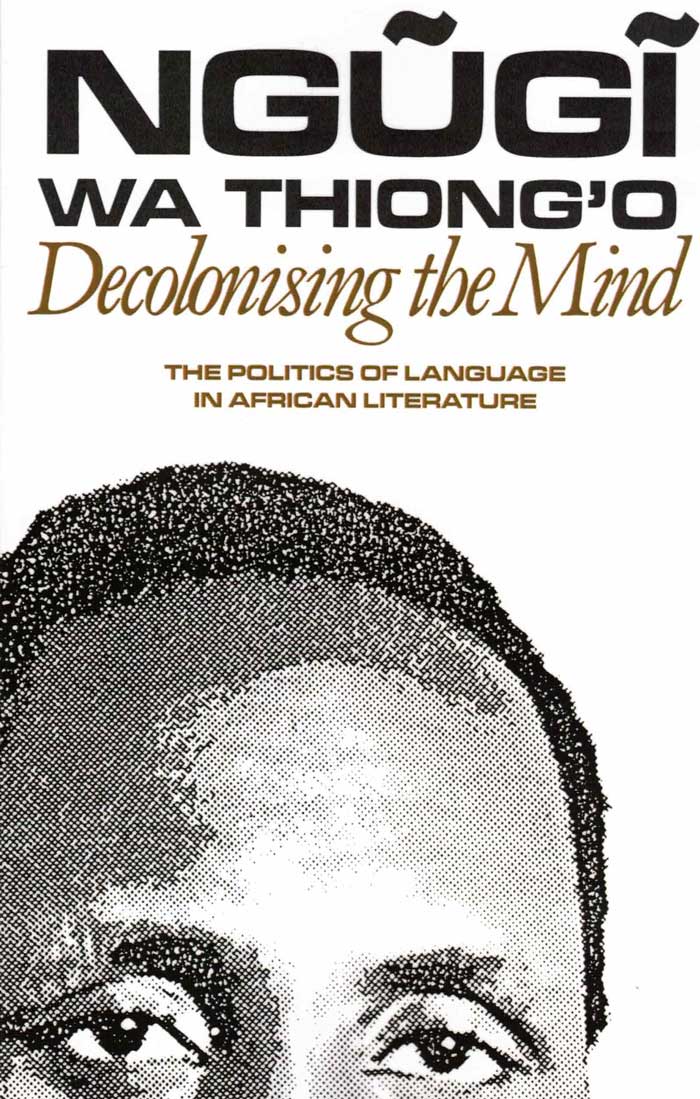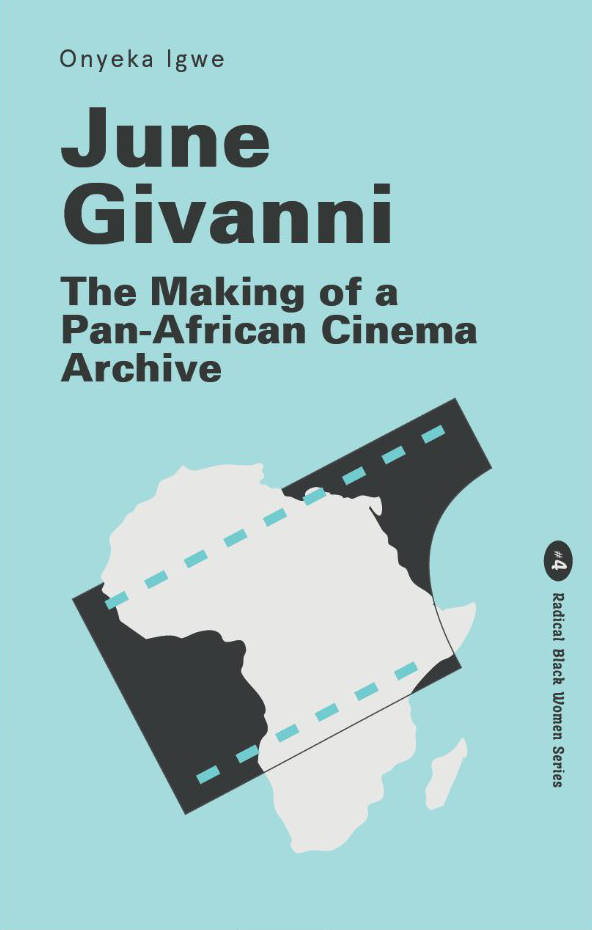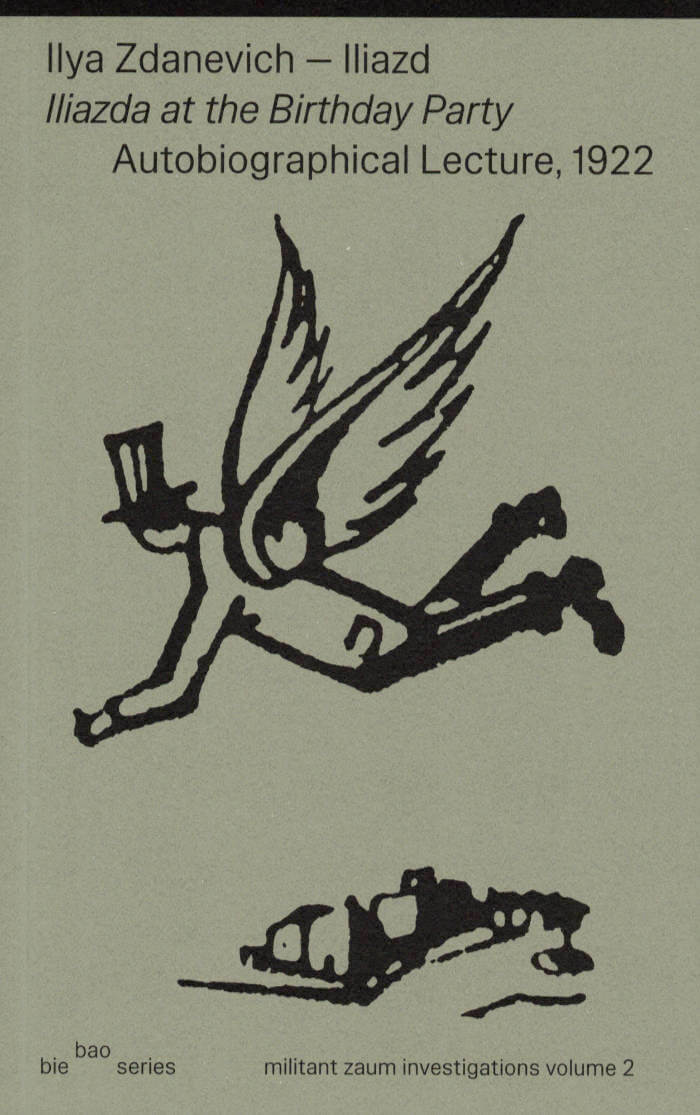
Modernism/Murderism – The Modern Art Debate in Kumar
Jyoti Bhatt Pherozeshah, Rustomji Mehta
Modernism/Murderism brings together, for the first time in English, a forgotten debate on Modern Art that took place in the pages of India's Gujarati-language literary periodical Kumar between 1959 and 1964.
Published across various issues, the debate brings into conversation Pherozeshah Rustomji Mehta, a writer and art connoisseur from Karachi, and Jyoti Bhatt, a young artist who had just begun teaching at the Faculty of Fine Arts, MSU Baroda. While Mehta chose to defend what he believed were the timeless and traditional values of art, Bhatt proposed that Modern Art was no stranger to these values and in fact had much in common with them.
Alongside the articles by Mehta and Bhatt, the publication also brings together responses to the debate from various readers who interjected in the "Readers Write" column of the periodical, as well as notes from Kumar's editor, Bachubhai Ravat, who informally acted as a mediator. Offering a vantage point from which to view the entry of Modernism and its affiliated discourses into the art practices of the region, this volume proposes itself as a reader to these histories and revisits this crucial moment.
Jyoti Bhatt (born Jyotindra Manshankar Bhatt in 1934) is an Indian artist best known for his modernist work in painting and printmaking and also his photographic documentation of rural Indian culture.
Pherozeshah Rustomji Mehta (1880-1971) was a writer and scholar from Karachi.




